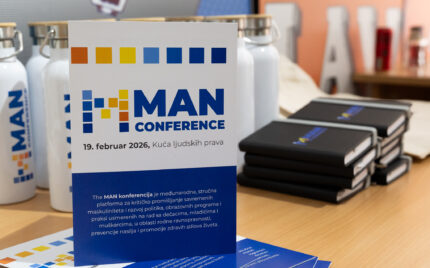
On 19 February 2026, the 11th The MAN Conference was held at the House of Human Rights in Belgrade – an international expert platform dedicated to contemporary masculinities and policies for working with boys, young men, and men. After a five-year break, the conference was relaunched by Centar E8 and the regional network Younng Men […]
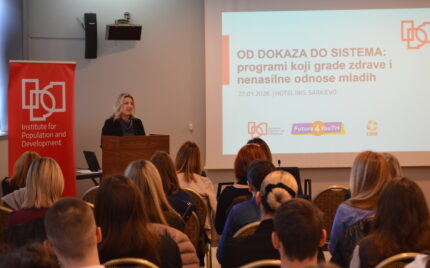
The Future 4 Youth program recently marked a major milestone with its conference in Sarajevo, titled “From Evidence to Systems – Programs that Build Healthy and Non-Violent Relationships Among Youth.” Organized by our partner, the Institute for Population and Development, with support from CARE Balkans and Marie Eberth Stiftung, the event focused on turning years […]
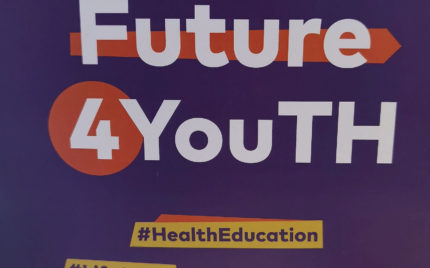
The project aims to empower 6,000 young people in Serbia and Bosnia and Herzegovina to lead healthy lifestyles, develop critical life skills, build positive relationships, and actively contribute to their communities while promoting gender equality, violence prevention, and environmental sustainability. The project builds on the established life skills Program Y, updating it to address emerging […]
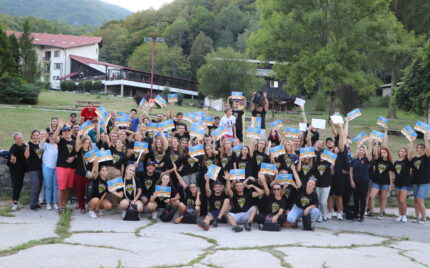
The overall goal is to contribute to the institutionalization of life skills education in the formal education systems across the Balkans, equipping young people with knowledge, values, and skills that foster gender equality, healthy relationships, non-violence, and active participation in society. The Future4Youth project builds on over 16 years of experience from the Young Men Initiative (YMI), […]
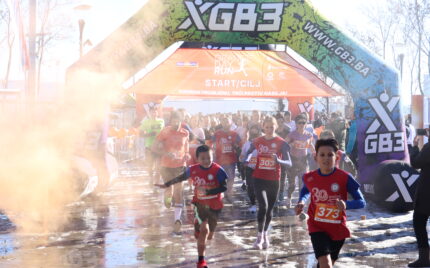
The project overall objective is to contribute to youth resilience, mental health, healthy lifestyles, gender equality, violence prevention, employability, and community engagement in Bosnia and Herzegovina and Serbia. The Future4Youth Program empowers young people in Bosnia and Herzegovina and Serbia by promoting healthy lifestyles, mental health, gender equality, violence prevention, employability, and active community engagement. […]
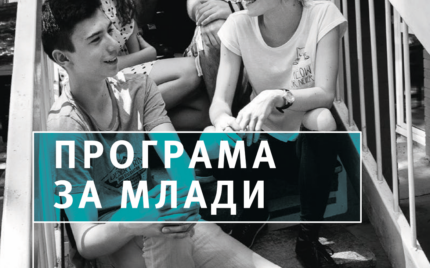
Young Men Initiative in GBV Prevention in North Macedonia
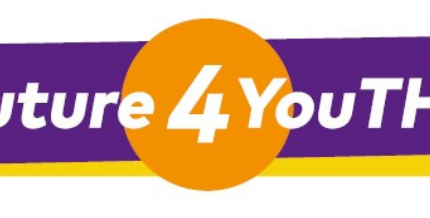
Future for You(th) represents a unified effort to institutionalize and sustain life skills education, ensuring that young people in the Balkans develop into healthy, responsible, and non-violent adults.
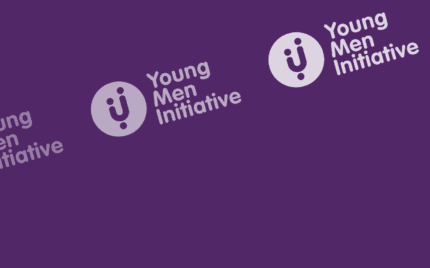
YMI II was implemented between 2017 and 2020 and built upon CARE’s comprehensive programmatic efforts to combat interpersonal and gender-based violence (GBV), improve gender equality, and address the prevention of youth extremism and violence in the region.
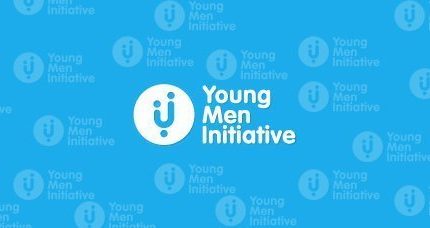
o improve gender equality and decrease interpersonal and gender-based violence across Bosnia and Herzegovina, Serbia, Kosovo, Albania, and Croatia by promoting healthy, non-violent, and gender-equitable lifestyles among young men and women.
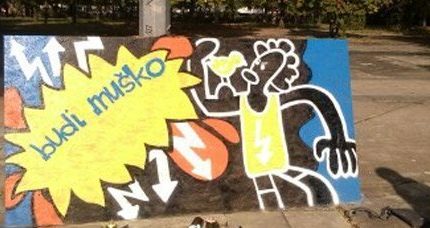
The project aimed to promote a culture based on human rights, non-violence, and healthy development among young men and women and the wider community throughout the Western Balkans. The initiative sought to ensure that male youth aged 14-18 held attitudes and demonstrated behaviors that supported more gender-equitable social norms, healthy lifestyles, and discouraged violent behavior against their community, women, and peers. A baseline and endline quantitative survey were conducted to measure changes in attitudes and behaviors.